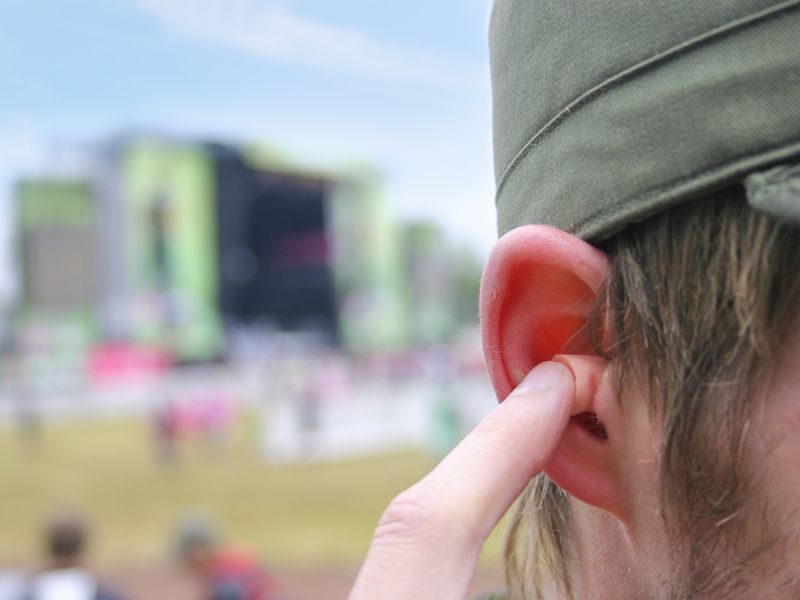
If you’re subjected to loud sounds, say running a lawnmower in your backyard, going to an arena to see your favorite band play, or merely sleeping at home next to a snoring spouse, earplugs can be practical. Decreasing the volume is the way earplugs help in the first two circumstances. They assist in saving your sanity and possibly even your marriage, in the last circumstances, by allowing you to get a good night’s sleep. But are these ear protectors, in fact, hurting your hearing?
Why Use Earplugs in The First Place?
It’s a pretty simple argument for wearing earplugs: When used properly, earplugs can limit your exposure to extreme sound levels and thereby shield your ears. When you leave a loud place, say a football game where the Jumbotron keeps telling the crowd to, GET LOUD, whenever the other team kicks off, you’ve most likely observed that your hearing seems different, and you might also have symptoms of tinnitus. This occurs because those extremely loud noises actually bend the tiny hair cells inside of your inner ear. In a couple of days, when the hairs have recovered, it usually goes away.
But if you’re subjected to extreme decibels constantly, for instance, if you work on a construction site or at an airport, the aural assault on those tiny hair cells is unyielding. Rather than bending and then recovering, the cells are damaged permanently. inside of each cochlea, there are approximately 16,000 of these tiny hair cells, but up to 50% of them can be ruined or at least injured before you would notice the change in a hearing test.
Is it Possible That Your Ears May be Injured by Earplugs?
With all that, you’d think that using earplugs would be a no-brainer in terms of protecting your hearing. But if your exposed to loud noises on a regular basis, this seems even more obvious (like on the job or when your spouse snores as previously stated), headphones that reduce, but don’t entirely cancel, sound or over the head earmuffs are a much smarter idea. Earplugs aren’t well suited to everyday use but are a smarter choice for one off events such as a sports event or a concert.
Why? For one, earwax. In order to protect themselves, your ears produce earwax, and if you’re regularly wearing earplugs, they will produce more of it, and you’ll probably jam it in with the plugs. Tinnitus and other concerns can be the result of impacted earwax.
Ear infections can be another concern for people who use earplugs. They can become bacteria traps if you wear the same pair but fail to properly clean and disinfect them. Certainly, ear infections can be a disruption of your day to day life. But at the negative end of the scale, they can also cause a loss of hearing if neglected.
How Can You Safely Use Earplugs?
Earplugs still have a strong upside, whether it’s protecting your ears or getting a restful night’s sleep. Using them in the right way and using the correct kind is the secret to success. Foam earplugs are the least costly, which is helpful because you really shouldn’t use them more than once, the cushy, porous material is a germ’s haven. Don’t put silicone or wax earplugs back in your ears until they are thoroughly dry after utilizing warm water to completely sanitize them. It’s also a good plan to keep earplugs in a ventilated place to prevent moisture, or worse, mold or bacteria, from building up.
If you want or need to wear earplugs regularly, you may want to consult us about getting custom-made earplugs. These are crafted from unique molds of your ears, they can be reused and because they’re fitted to your ears, their comfortable. Again though, to prevent any possible hearing problems, it’s crucial to put into practice smart earplug hygiene!